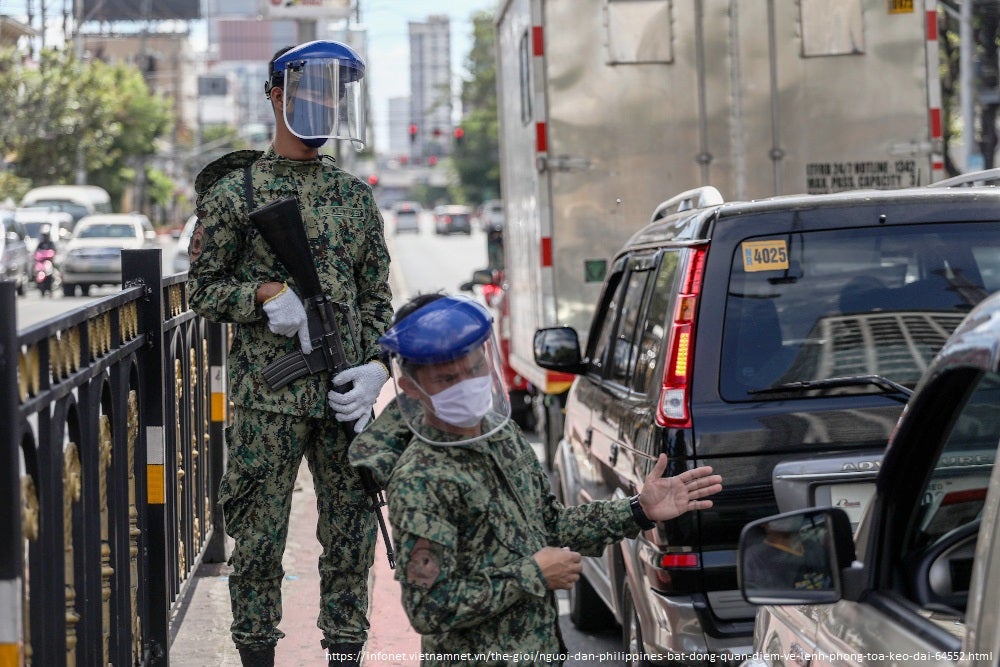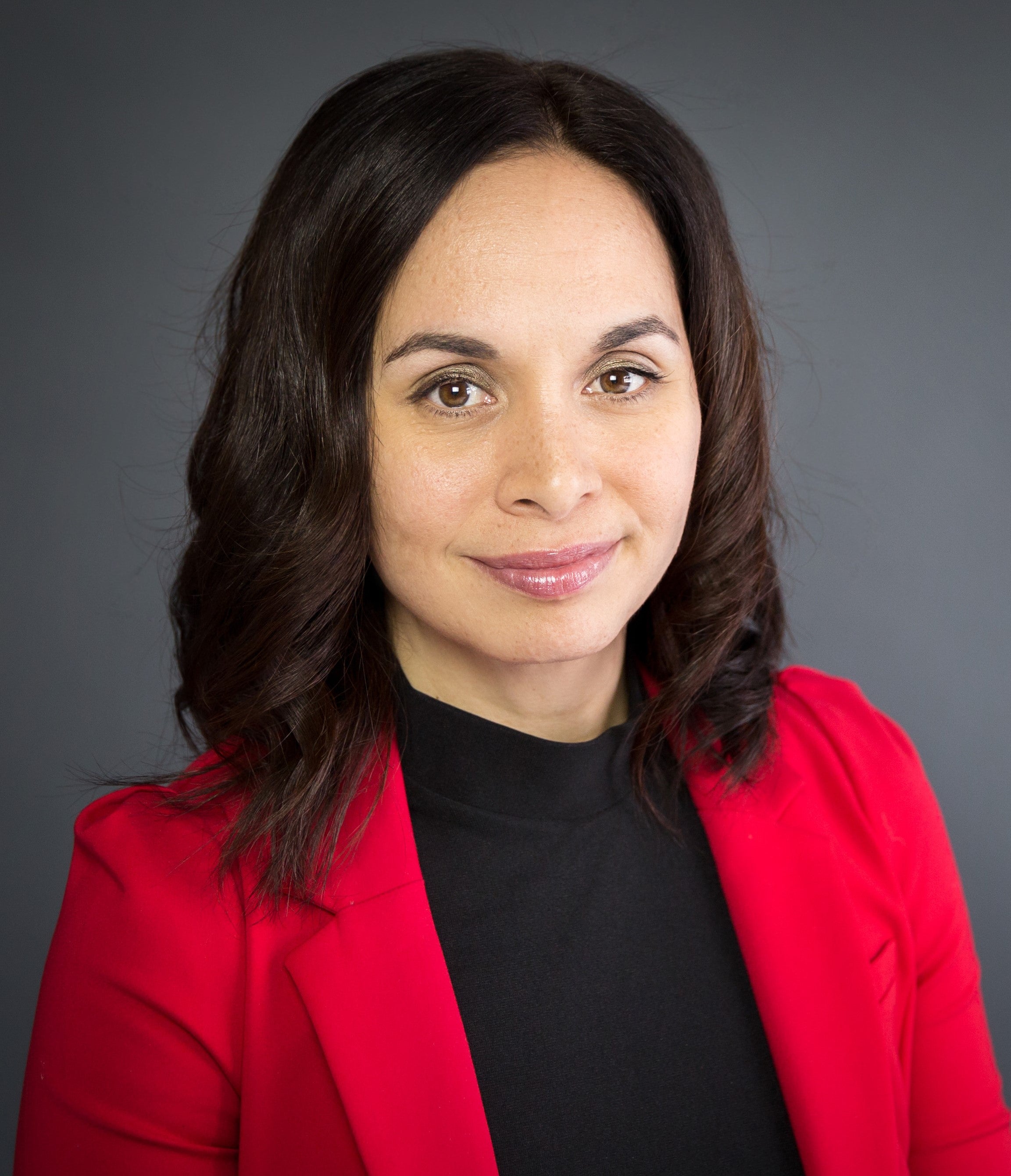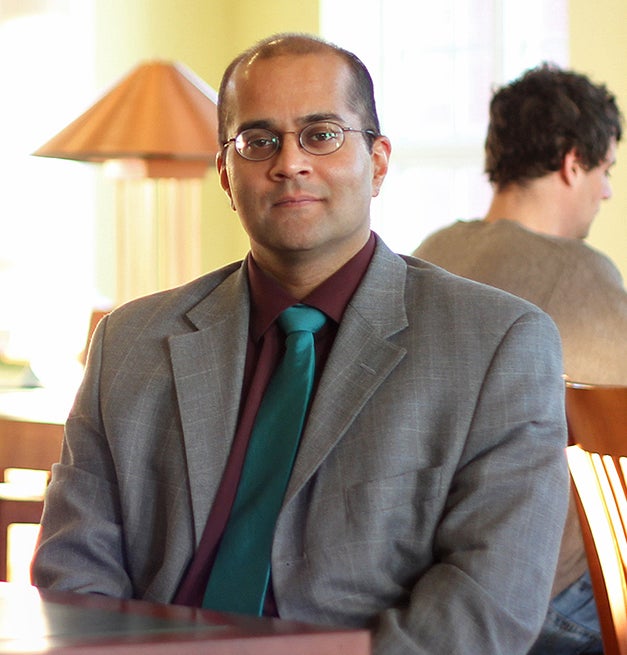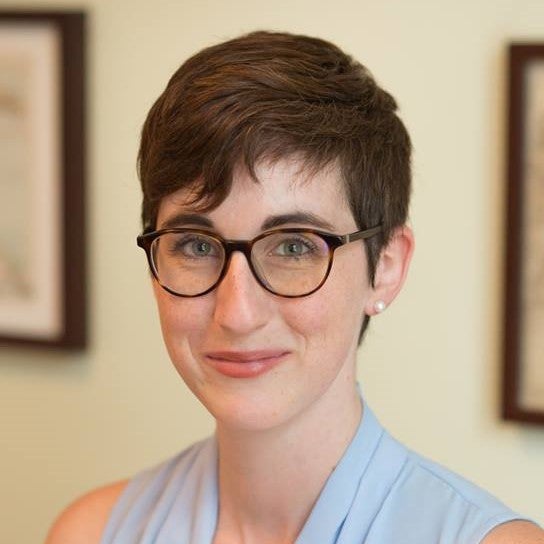
This webinar takes Covid-19 as a starting point to examine both its direct impacts on Asia Pacific security and broader developments in the region's security landscape. Organized by the Asia Pacific team of the Defence and Security Foresight Group, four Canadian security experts focus on the implications of Covid-19 for Asia Pacific security from various angles and perspectives, including the transformation of the geostrategic environment, the spectrum of state responses to the pandemic, the securitization of health, the juxtaposition of new and traditional priorities for the region's militaries, etc.
Panelists
 Jennifer Mustapha, Huron University College at Western
Jennifer Mustapha, Huron University College at Western

Dr. Jennifer Mustapha researches and teaches at the intersection of a number of different areas of interest and expertise. In particular, an over-arching theme in her work pertains to the broader question of how ideas and institutions matter in constructions of identity and governance. In 2019 her first monograph was published by Routledge, and it has so far been well received by regional security scholars. The book examines narratives and discourses of security in Southeast Asia in the context of the US-led War on Terror and provides a starting point for some of her current and ongoing research projects. Dr. Mustapha has published several articles on East and Southeast Asian regional security politics in particular, and on theorizations and understandings of security more generally. She is active in the academic community, having served on the executive and boards of academic associations and journals. She has also been asked to share insights in media commentary on topics like the Trump Administration’s East Asia policies; coverage of terrorism in popular news media; and pedagogical challenges presented by the contemporary digital landscape.
 Shaun Narine, St. Thomas University
Shaun Narine, St. Thomas University

Dr. Shaun Narine is a Professor of International Relations in the Political Science Department at St. Thomas University. He is the Director of the International Relations Program. Dr. Narine’s research has focused on institutionalization in the Asia Pacific region. He has written two books on the Association of Southeast Asian Nations (ASEAN): Explaining ASEAN: Regionalism in Southeast Asia (2002) and The New ASEAN in Asia Pacific and Beyond (2018). He has published articles on ASEAN, sovereignty, human rights in Southeast Asia, China’s civil-military relations, and numerous other topics in the leading journals in the field. He has also written extensively on a number of other topics, including Canadian foreign policy, Japan’s relations with Southeast Asia, and the US’ role in the Asia Pacific region. Dr. Narine completed his Ph.D at the University of Toronto (1998). He was a Visiting Fellow at the East-West Center (2000), a Killam Postdoctoral Fellow at the University of British Columbia (2000-2002) and a Visiting Fellow at the Institute of Southeast Asian Studies-ISEAS (2017). His current research focuses on Canada’s relations with China and the Huawei problem.
 Jeff Reeves, Asia Pacific Foundation of Canada
Jeff Reeves, Asia Pacific Foundation of Canada

Dr. Jeffrey Reeves is Vice-President of Research for the Asia Pacific Foundation of Canada. Prior to joining APF Canada, Dr. Reeves was the Director of Asian Studies at the United States Army War College in Carlisle, Pennsylvania. He was Associate Professor with the Daniel K. Inouye Asia Pacific Center for Security Studies in the United States, a Research Fellow with Griffith University in Australia, and a University Instructor at Peking University. Dr. Reeves has published extensively on economics, politics, and security in Asia, including Dr. Reeves has published extensively on economics, politics, and security in Asia, including the books Chinese-Japanese Competition and the East Asian Security Complex: Vying for Influence (Routledge 2016), Chinese Foreign Relations with Weak Peripheral States: Asymmetrical Economic Power and Insecurity (Routledge 2015), and Non-Traditional Security in East Asia: A Regime Approach (Imperial College Press 2015). His articles have appeared in The China Quarterly, Journal of Contemporary China, Asia Security, Pacific Review, and Terrorism and Political Violence, among others. Dr. Reeves received his PhD from the LSE and his Master’s degree in Chinese Studies from the University of Edinburgh. He served in the United States Peace Corps from 2001 to 2003 in Khovd, Mongolia.
 Brian Job, University of British Columbia
Brian Job, University of British Columbia

Dr. Brian L. Job (PhD, Indiana University) is Professor of Political Science and a resident Faculty Associate of School of Public Policy and Global Affairs. He joined the UBC faculty in 1989, having previously been on the faculty of the University of Minnesota. He has served as Director of the Centre of International Relations, Interim Director of the Liu Institute, and Associate Director of the Institute of Asian Research. His current teaching and research interests concern international security—more specifically, the evolving security order of the Asia Pacific, intrastate conflict, human security, and Canadian foreign and security policies. His current research concerns UN peacekeeping, the protection of civilians in conflict, Canadian security policy, and security relations among Asian states and peoples. Job has been actively involved in Asia Pacific expert networks, particularly with the Council of Security Cooperation in the Asia Pacific (CSCAP). He has been co-editor of International Studies Quarterly, and of Global Governance, and serves on the Editorial Boards of the International Journal and of International Relations of the Asia Pacific. Job is currently a Senior Fellow of the Asia Pacific Foundation of Canada and has been a visiting professor at Aoyama Gakuin University, Tokyo; Nanyang Technical University, Singapore; and the Australian National University.
Moderator
 Stéphanie Martel, Queen’s University
Stéphanie Martel, Queen’s University

Dr. Stéphanie Martel is an Assistant Professor of Political Studies at Queen’s University and a fellow at the Centre for International and Defence Policy. Her research at the intersection of international security and global governance is on multilateral diplomacy, security regionalism, and the role of discourse in the social construction of world politics, with a focus on Southeast Asia and the Asia-Pacific. Dr. Martel’s work has been published in International Studies Quarterly, Pacific Review, and L’Espace Politique, among others. She is currently working on a monograph titled Enacting Regional Security in the Asia-Pacific: Discourse in the Making of an ASEAN Community. Dr. Martel is an executive member of the Canadian Council for Southeast Asian Studies and an active member of Women in International Security (WIIS) Canada. She also serves as a Canadian representative to the ASEAN Regional Forum’s Experts and Eminent Persons Group, and regularly takes part in policy dialogues on regional security in the Asia-Pacific. Prior to joining Queen’s, Dr. Martel was a FRQSC Post-doctoral Fellow at the University of British Columbia’s Institute of Asian Research and the Centre for International Peace and Security Studies (McGill University). She received her Ph.D. in Political Science at the Université de Montréal.